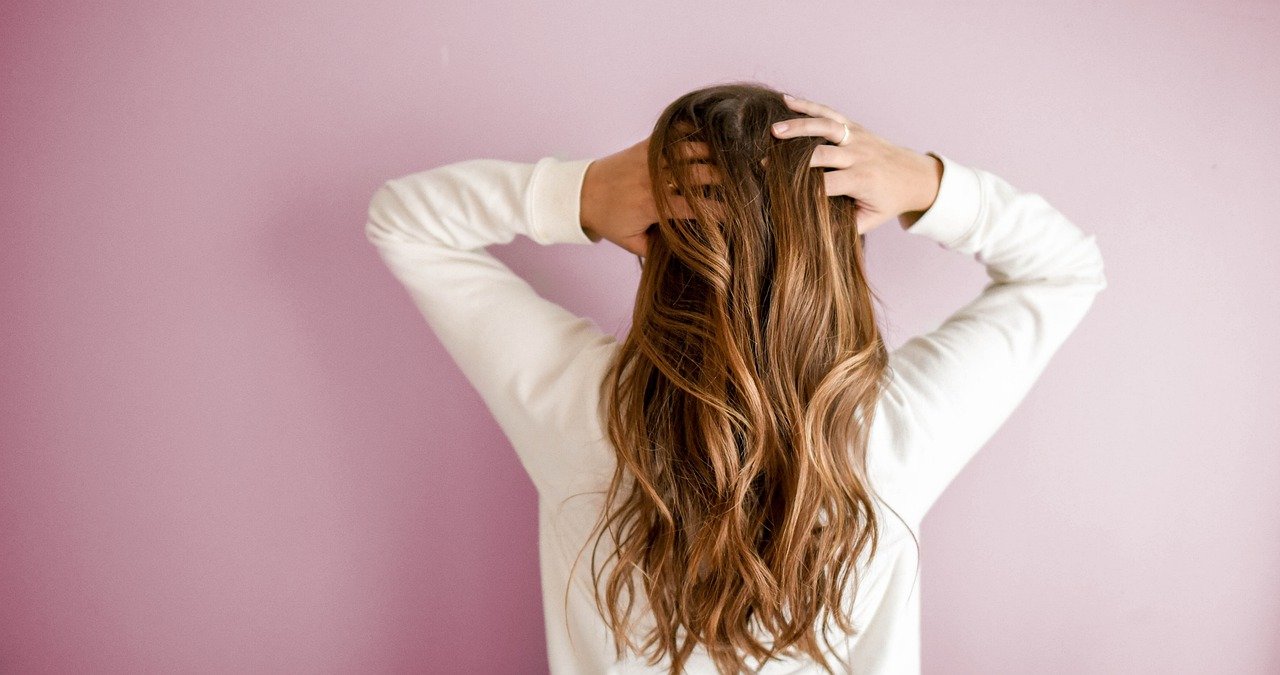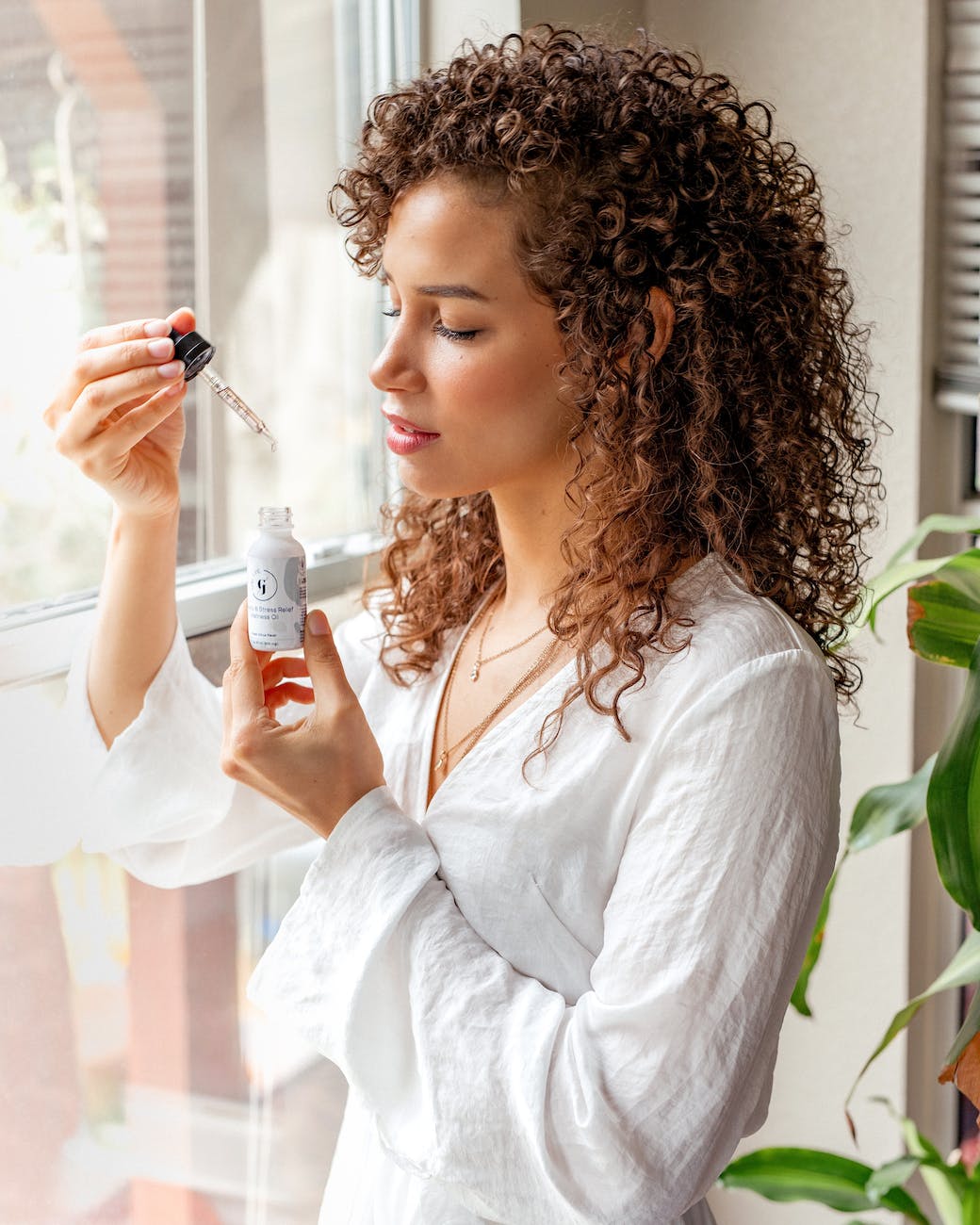
Introduction: 🍯✨ Jaggery, a traditional sweetener made from sugarcane or date palm sap, not only satisfies your sweet tooth but also offers a range of potential health benefits. While jaggery is known for its role in promoting overall well-being, its goodness extends to your hair as well. Packed with essential nutrients, jaggery can help nourish your hair follicles, improve hair strength, enhance the natural shine of your locks, and contribute to overall hair health. In this comprehensive blog post, we will delve into the fascinating benefits of jaggery for hair health, exploring its rich nutrient profile, its potential role in preventing hair loss and promoting hair growth, its ability to improve scalp health, and various ways to incorporate it into your hair care routine. Get ready to indulge in the sweet benefits of jaggery and give your hair the nourishment it deserves!
Nutrient Powerhouse for Hair Health: 🍯 Jaggery is a powerhouse of essential nutrients that are vital for maintaining healthy hair. It is rich in iron, which plays a crucial role in ensuring proper blood circulation to the scalp, promoting hair growth, and preventing hair loss. Iron deficiency can lead to brittle hair and hair loss, and jaggery provides a natural source of this important mineral. Additionally, jaggery contains magnesium, potassium, and zinc, which contribute to scalp health, nourish hair follicles, and enhance the overall strength and texture of your hair. The presence of vitamins, including vitamin C and B-complex vitamins, further adds to jaggery’s hair-nourishing properties. 🍯💇
Preventing Hair Loss and Promoting Hair Growth: 🍯 Jaggery can be highly beneficial in preventing hair loss and promoting hair growth. The iron content in jaggery helps improve blood circulation to the scalp, ensuring a steady supply of oxygen and nutrients to the hair follicles. This nourishes the hair roots, strengthens the hair strands, and reduces the risk of hair breakage and hair loss. The antioxidants present in jaggery protect the scalp and hair follicles from damage caused by free radicals, environmental factors, and styling products, thus creating an optimal environment for healthy hair growth. Regular consumption of jaggery can contribute to thicker, stronger, and more voluminous hair. 🍯🌱🌟
Improving Scalp Health and Reducing Dandruff: 🍯 Jaggery is known for its ability to improve scalp health and reduce dandruff. The minerals present in jaggery, such as magnesium and zinc, play a crucial role in maintaining a healthy scalp. Magnesium helps soothe an itchy scalp, reduce inflammation, and regulate sebum production, thereby preventing excessive dryness or oiliness. Zinc promotes a balanced scalp by regulating oil production and has anti-inflammatory properties that can alleviate scalp conditions like dandruff. Regular consumption of jaggery can help maintain a clean and healthy scalp, reducing the occurrence of dandruff and scalp-related issues. 🍯🌸🦠
Enhancing Hair Shine and Luster: 🍯 Jaggery’s natural sweetness is not the only reason to love it. When consumed regularly, jaggery can enhance the natural shine and luster of your hair. The nutrients present in jaggery, such as iron, magnesium, and vitamin C, play a vital role in the production of collagen. Collagen is a protein that provides strength, elasticity, and shine to the hair strands. By promoting collagen production, jaggery helps improve hair texture, making it shinier, smoother, and more vibrant. 🍯✨💆
Incorporating Jaggery into Your Hair Care Routine: 🍯 There are several ways to incorporate jaggery into your hair care routine and reap its benefits:
- Jaggery Hair Mask: Create a nourishing hair mask by mixing jaggery powder with a carrier oil of your choice, such as coconut oil or olive oil. Apply the mixture to your hair and scalp, massaging it gently. Leave it on for 30 minutes to an hour, and then rinse thoroughly. This hair mask helps nourish the hair follicles, improve scalp health, and enhance hair strength and shine.
- Jaggery Infused Hair Rinse: Prepare a jaggery-infused hair rinse by dissolving a small piece of jaggery in warm water. After shampooing, pour the jaggery-infused water through your hair as a final rinse. This rinse can add a natural shine to your hair, provide nourishment to the strands, and leave a subtle sweet scent.
- Dietary Incorporation: Include jaggery in your diet as a natural sweetener. Consuming jaggery regularly provides your body with the necessary nutrients for healthy hair growth from the inside out. You can enjoy jaggery in various forms, such as jaggery candies, jaggery-based desserts, or by adding it to your tea or coffee.
Precautions and Considerations: 🍯 While jaggery is generally safe for consumption and external use, it’s important to consider the following:
- Moderation: Jaggery is still a form of sugar and should be consumed in moderation, especially if you have diabetes or are following a low-sugar diet. It’s advisable to consult with a healthcare professional or registered dietitian to ensure it aligns with your dietary needs.
- Allergies and Sensitivities: Some individuals may have allergies or sensitivities to jaggery. If you experience any adverse reactions after using jaggery on your hair or consuming it, such as itching, redness, or swelling, discontinue use and seek medical attention.
Conclusion: 🍯✨ Jaggery is not just a delightful sweetener but also a valuable ingredient for promoting hair health. Packed with essential nutrients, jaggery nourishes the hair follicles, prevents hair loss, promotes hair growth, improves scalp health, and adds shine and luster to your locks. By incorporating jaggery into your hair care routine, whether through hair masks, rinses, or dietary consumption, you can harness the natural goodness of this sweet ingredient and give your hair the nourishment it deserves. Embrace the sweetness of jaggery and let your hair shine with vitality and beauty. 🍯🌿💆










